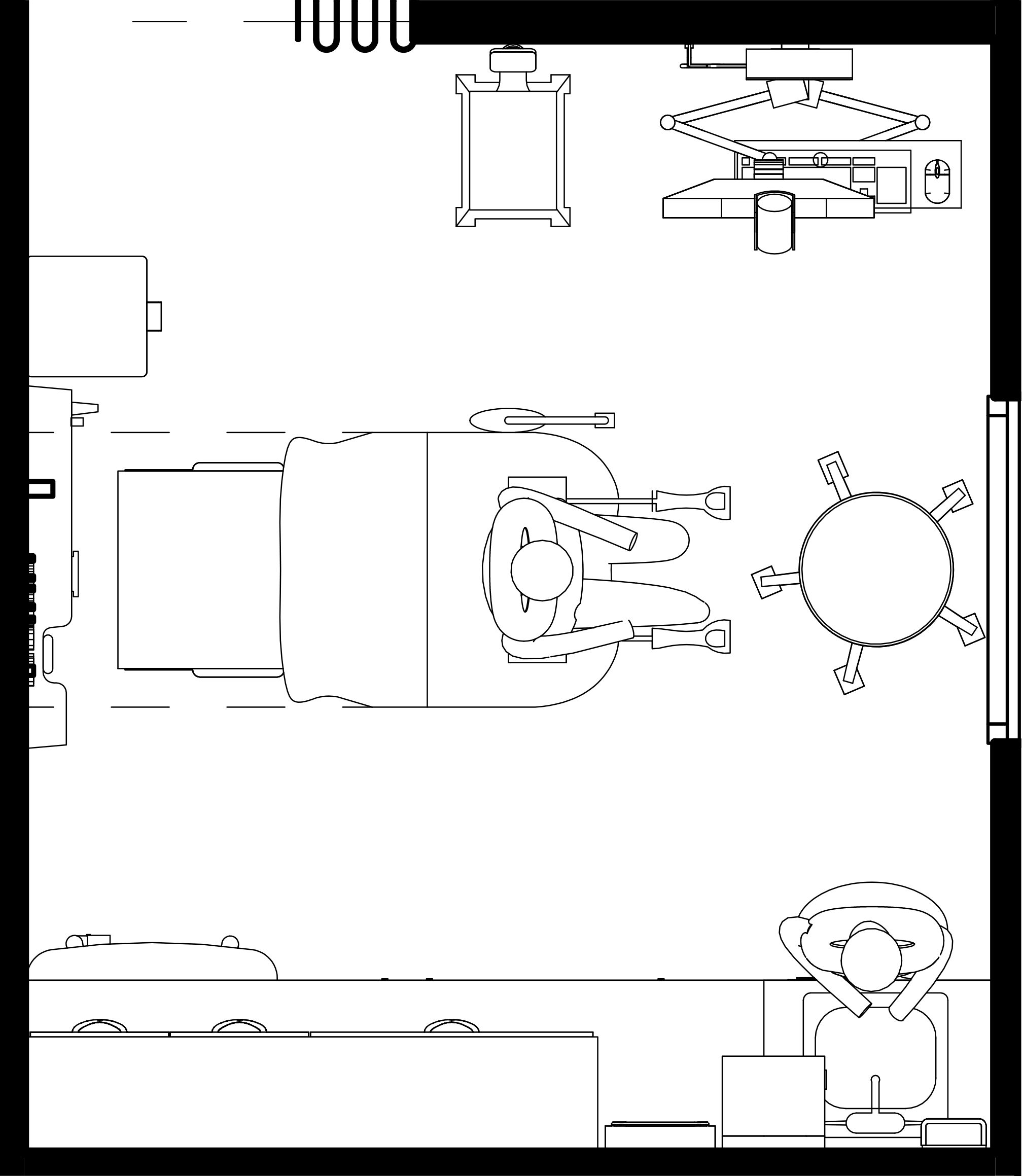RIT HOPE FOR HONDURAS
During my studies at RIT, I took a class on gender and health globally, with a focus on maternal health. I was also introduced to Katie Castro co-founder of Little Angels of Honduras, an organization with a mission to reduce infant mortality in Honduras. They provide education and safer conditions and opportunities for pregnancy, birth and newborn care. The other co-founder, Christian Perry, also happened to be an adjunct professor at RIT. He taught the healthcare studio class and introduced us to the realities of the major public hospitals in Honduras. RIT came together with Little Angels and formed RIT Hope for Honduras, creating student focus groups to work on various projects to alleviate stress on medical facilities in Honduras.
Project 1: The mobile health clinic, Buena Salud, was an in depth look at how to provide the best care to individuals who lack proper access to sexual and reproductive healthcare, specifically aiding in reducing maternal and infant mortality rates..
Project 2: Hospital Escuela is one of the few major public hospitals in Honduras for maternal care and delivery. As part of healthcare class we worked alongside Christian to create proposals for the fourth floor labor and delivery renovation.
Mobile Health Clinic located in Intibuca, Honduras





















Thesis -
Significant barriers in Honduras prevent women, children and adolescents from receiving proper sexual and reproductive health including, but not limited to rural location, lack of transportation and high poverty rates. Universal health coverage (UHC) is one of the World Health Organization’s (WHO) Sustainable Development Goals (SDG), but to achieve this equality for women it is necessary to promote sexual and reproductive health rights (SRHR) (WHO). This goal is also based on the WHO’s Millenium Development Goal (MDG) to promote gender equality and empower women. According to the WHO, maternal mortality is the leading cause of death among females ages 15-19 years old. It is also common for privately operated sexual and reproductive health services to be provided exclusively for married women and often ignore the needs of adolescents and unmarried women (MDG 3). The development of a mobile health clinic (MHC) will provide all women and adolescents of La Esperanza, Honduras equal access to SRHR. This unit proposes a MHC designed to provide pregnancy testing, prenatal and postnatal care, STI screenings and SRHR education.
Project Trajectory -
Providing and promoting SRHR is key to creating healthcare equality for women and adolescents. The proposed MHC will be implemented in a 2 mile range in Intibuca, where women can receive initial care and be referred to Hospital Enrique Aguilar Cerrato, the main base for this unit. This will provide a physical, mobile opportunity for women to seek help, while ensuring privacy for them to talk with a provider. The unit will implement telemedicine practices for providers to consult with specialists, and to transfer lab and testing data. The vehicle is intended to operate on a rotating schedule for the MHC to travel to different parts of Intibuca each week. Setting up a weekly service will establish trust between provider and patient (Lindgren et al.). This proposal predicts that by providing direct care and education to women and adolescents closer to home there will be fewer visits to hospitals or other private clinics and will see an improvement in reported STIs, and fetal and maternal mortality rates. Women will be able to utilize tools such as family planning, education, and counseling. The unit will also provide women with control over their own reproductive health. They will gain access to pregnancy testing, prenatal and postnatal care, STI screenings, and education about sexual health and reproduction.
For more information on this topic, you can download a pdf summarizing my research and design decisions.
Hospital Escuela Infant Maternal Floor Renovation Initial Design Proposal
















